African Pear also called in english
Dacryodes edulis as this name implies as given me a surprise to know more as i was eating as one of the African food.
Scientific classification
Kingdom: Plantae, Clade: Tracheophytes Clade: Angiosperms, Clade: Eudicots, Clade: Rosids
Order: Sapindales, Family: Burseraceae
Genus: Dacryodes, Species: D. edulis
Binomial name
Dacryodes edulis
Dacryodes edulis is a fruit tree native to Africa, sometimes called safou (Cameroon) ube (Nigeria),. African or bush pear or plum, nsafu, bush butter tree, or butterfruit. Eben as it been called in Akwa Ibom State where i come from in the south south part of Nigeria.
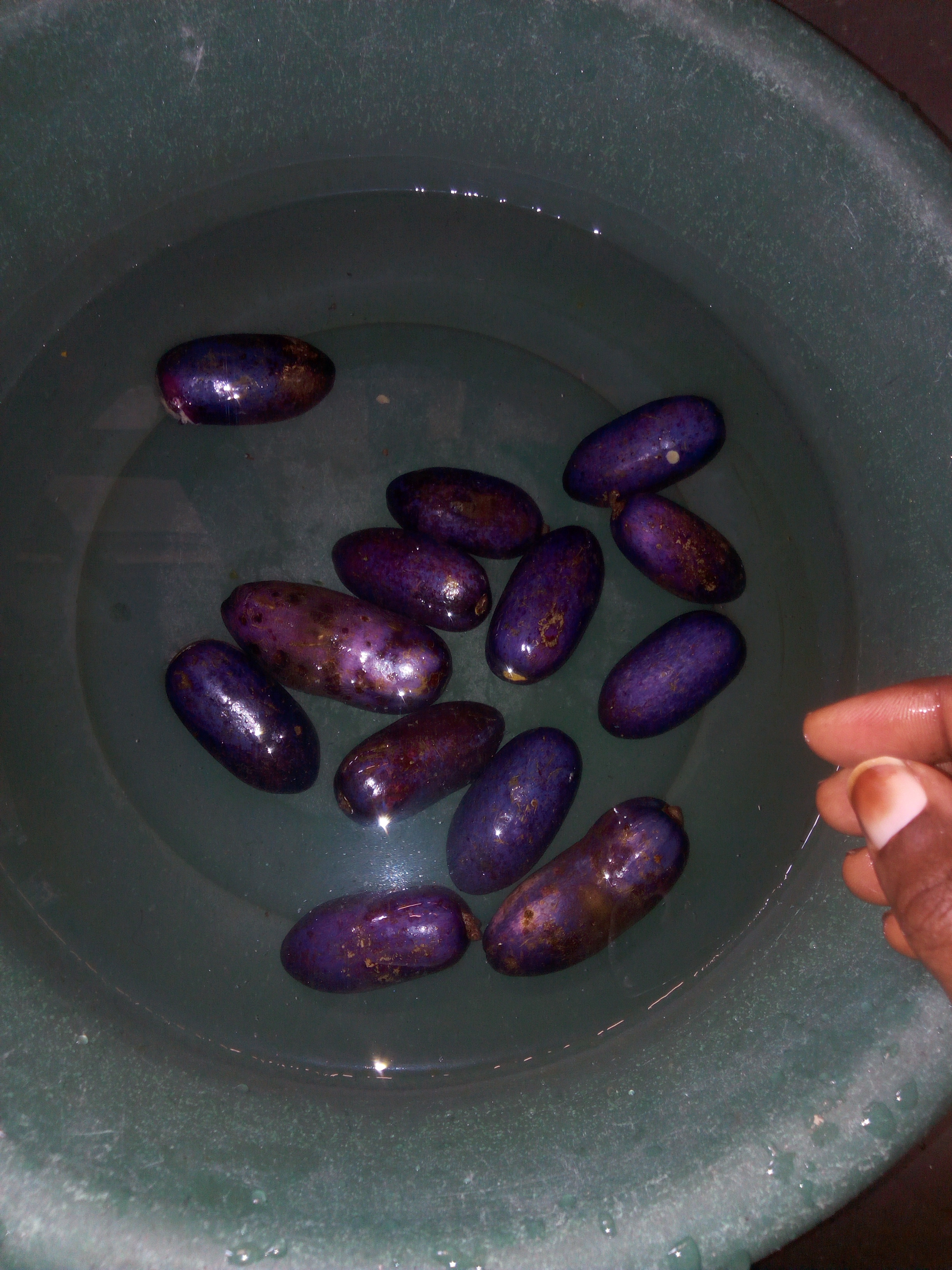
The fruit is an ellipsoidal drupe which varies in length from 4 to 12 cm. The skin of the fruit is dark blue or violet, whereas the flesh is pale to light green. The tree flowers at the beginning of the rainy season and bears fruits during 2 to 5 months after flowering.
Dacryodes edulis is an evergreen tree attaining a height of 18–40 meters in the forest but not exceeding 12 meters in plantations.[3] It has a relatively short trunk and a deep, dense crown. The bark is pale gray and rough with droplets of resin. The leaves are a compound with 5-8 pairs of leaflets. The upper surface of the leaves is glossy. The flowers are yellow and about 5 mm across. They are arranged in a large inflorescence.
IT USESE
D. edulis has potential to improve nutrition, boost food security, foster rural development and support sustainable landcare. The oil of fruits of D. edulis is a rich source of fatty acids and triglycerides.
The main use of D. edulis is its fruit, which can be eaten either raw, cooked in salt water or roasted.
Many ways to serve with, like casaflake
Or with fry, roasted or cook corn or as accasion may serve.

Cooked flesh of the fruit has a texture similar to butter. The pulp contains 48% oil and a plantation can produce 7-8 tons of oil per hectare. The fat content of this fruit is much higher compared to fruits such as apple, guava, and pawpaw. It is also rich in vitamins. The kernel can be used as fodder for sheep or goats. The flowers are useful in apiculture. That's a story of another day.
The health benefits of African pear (eben)
D. edulis fruit which has been described as a hypoallergenic fruit has an indigo coloured covering over a greenish pulp and a firm seed inside. It also contains carbohydrates, fat (no cholesterol), vitamins (C, B1, B6, Folate, Niacin) and minerals (Calcium, Magnesium, Potassium, Phosphorous, Iron, and zinc).
Strengthens bones and teeth.
The African pear also contains a lot of calcium and phosphorus; minerals found mainly in the bones and teeth of our body. The eben known to prevent stiff joint and bone pain.
HELPS TO MAINTAIN A HEALTH SKIN
It also contains a rich amount of vitamin C which works to fend off cell damage from free radicals even more than othrer fruits like oranges and lemons, eben also helps to improve the texture of your skin by making it smoother and reducing wrinkles. Eben contains a lot of soluble fibre which reduces absorption of cholesterol and bile acid from the small intestines, thereby reducing blood cholesterol level and can help protect women against postmenopausal breast cancer. And more to it. Hope you this will also help build your diet. Thank you.
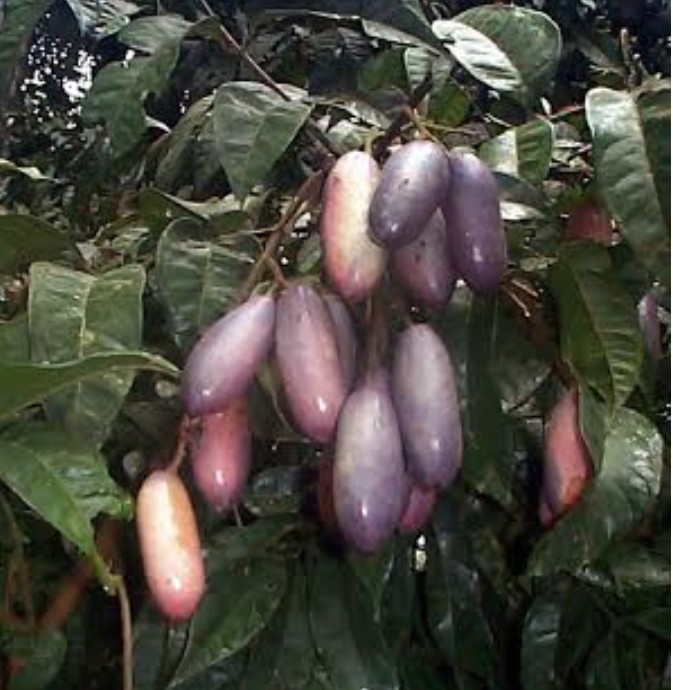
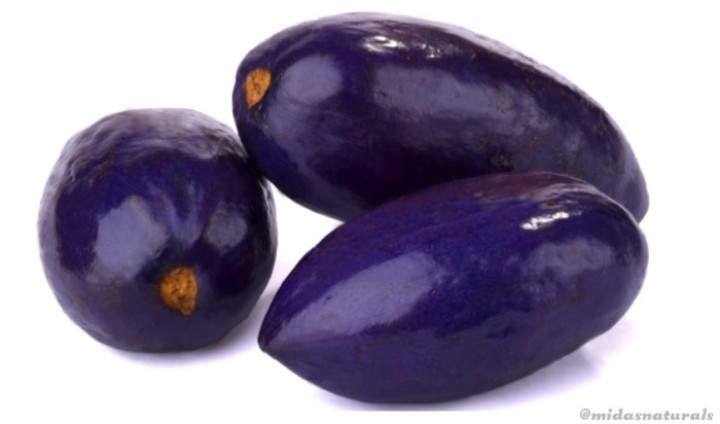
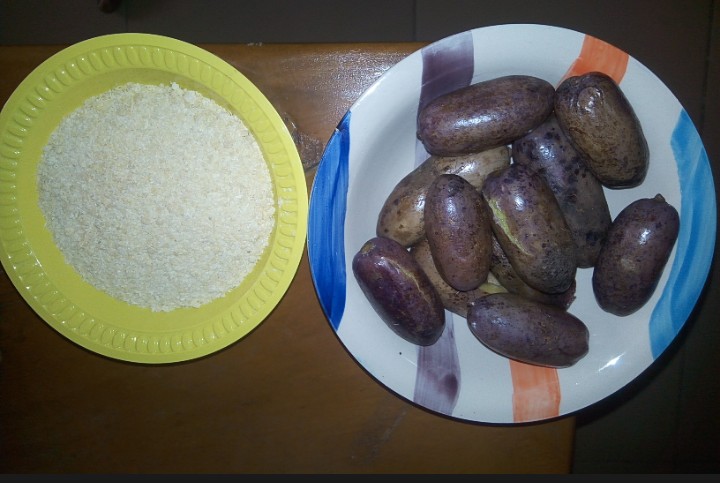
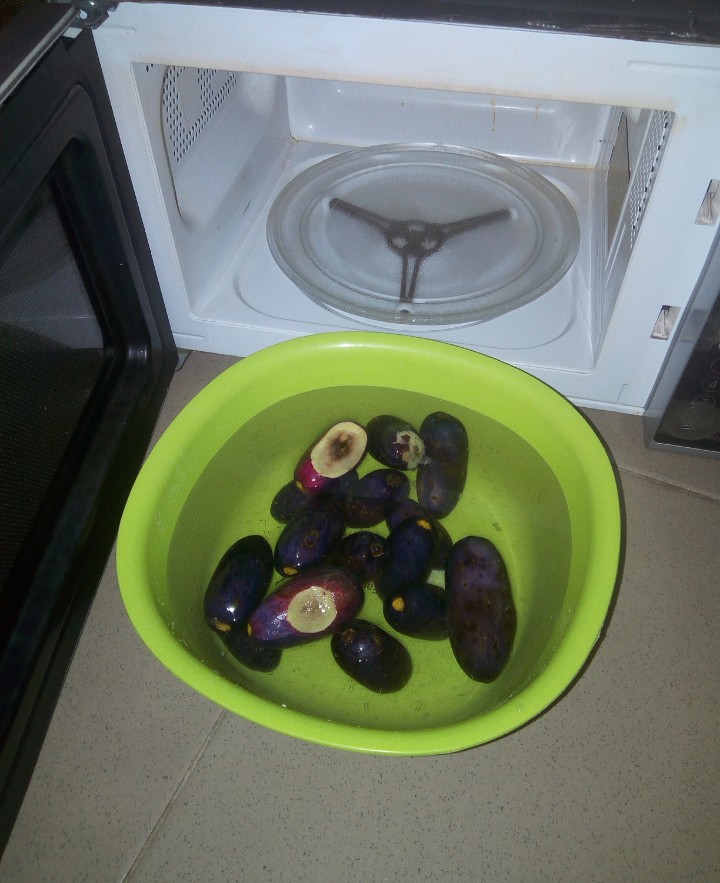
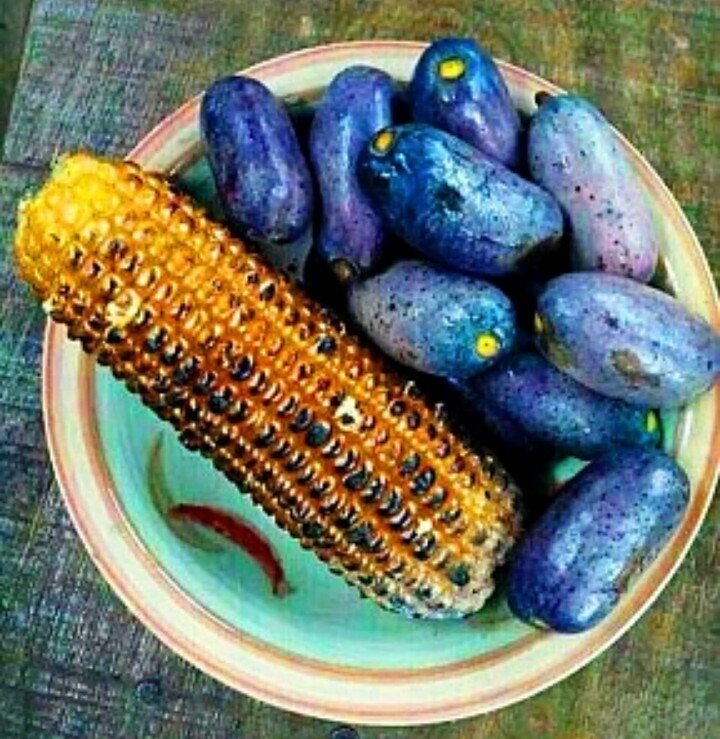

Wow
This is lovely
I can't trade african delicacies for anything 😂
Please where's mine? I need it oo
Hahah, it's available for you when you come around...
Alright then
Wow nice food
Absolutely yeah, you can't afford to miss it wonderful taste...